Four Persons Standing (1999)
장르 :
상영시간 : 5분
연출 : David Claerbout
시놉시스
‘Four Persons Standing' is based on an appropriated image, which I altered slightly. It is one of a few works that I made that has sound. The monotonous sound comes from two seconds that I took from a 1980s television series, facilitating a transition between two scenes, with no particular dramatic outcome. I limited movement to the nervous grain of a still from a video. Therefore the projected picture is just a still, and the sound is also a still. But at any moment, the characters - two men and two women - could interrupt the composition and move on with their lives. The picture's elements are dynamically imprisoned in their own composedness. They are on the brink of action, yet they never do; but then again, they could. I tried to make a found picture - lost in a book - act like a photograph.

A musical horror story about two young women who are stalked through a shopping mall by a cannibal. He follows them home, and here the victims become the aggressors.
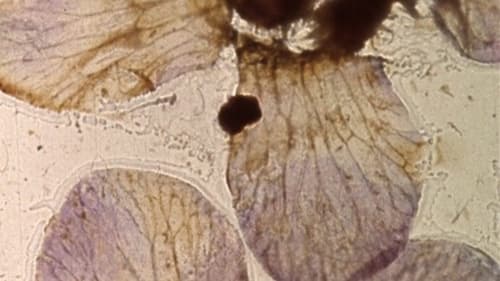
카메라없이 처음으로 만들어진 작품. 실제로 필름 위에 나방의 날개, 꽃잎 조각, 풀 등을 콜라주 형태로 붙여놓고 일련의 프린트 과정을 거친 작품으로 널리 알려져 있다. 이미 죽어버린 생명체가 작가의 손길을 거쳐 스크린 위에 다시 투영될 때의 빛의 숨결을 받아 새로운 생명으로 환생한다는 역설적인 메시지를 지니고 있다. 바로 빛의 깜박거림으로 인하여 영사기를 통해 보여지는 나방의 날개는 마치 살아서 움직이는 것같은 환상을 관객들에게 제공한다.
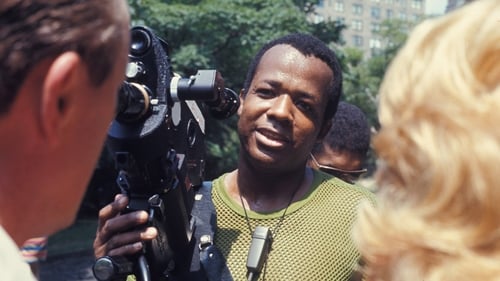
In Manhattan's Central Park, a film crew directed by William Greaves is shooting a screen test with various pairs of actors. It's a confrontation between a couple: he demands to know what's wrong, she challenges his sexual orientation. Cameras shoot the exchange, and another camera records Greaves and his crew. Sometimes we watch the crew discussing this scene, its language, and the process of making a movie. Is there such a thing as natural language? Are all things related to sex? The camera records distractions - a woman rides horseback past them; a garrulous homeless vet who sleeps in the park chats them up. What's the nature of making a movie?

What are they? What do they seek? When all the lights go out, they will wander. And you will never see them.

A visual reinterpretation of dance and animated found footage.
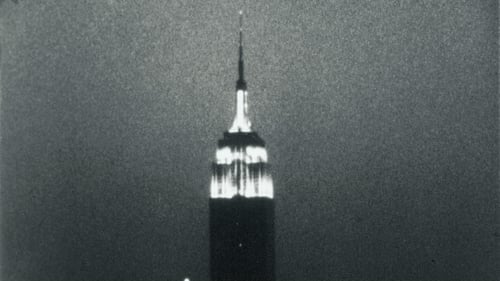
Experimental film consisting of a single static shot of the Empire State Building from early evening until nearly 3 am the next day.
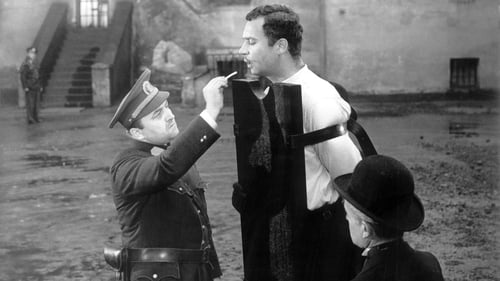
A dark comedy about a murder and its consequences presented in a backwards manner, where death is actually a rebirth. The film starts with an "execution" of the main protagonist and goes back to explore his previous actions and motivations.

A last tour throughout a day through the signs and the memory of a house. A sensory and poetic exploration that reflects an intimate and nostalgic look at the places we inhabit and the way they contain us.

100 basic images switching positions for 4000 frames.

A short film by Bryce Hodgson.
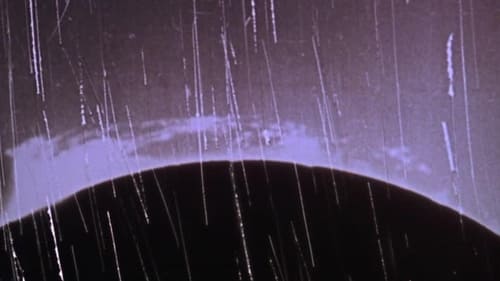
A creation myth realized in light, patterns, images superimposed, rapid cutting, and silence. A black screen, then streaks of light, then an explosion of color and squiggles and happenstance. Next, images of small circles emerge then of the Sun. Images of our Earth appear, woods, a part of a body, a nude woman perhaps giving birth. Imagery evokes movement across time. Part of the Dog Star Man series of experimental films.

An experimental short film by Walerian Borowczyk and Jan Lenica.

After a catastrophic global war, a young filmmaker awakens in the carnage and seeks refuge in the only other survivor: an eccentric, ideologically opposed figure of the United States military. Together, they brave the toxic landscape in search of safety... and answers.

Via the New York Times: "...a severely obscure meditation on pre-revolutionary Russia in the form of an encounter between a ghost from the past and the ghost's present-day guardian. In fact, the two characters seem to be the shade of Anton Chekhov and the young man who tends a Chekhov museum in the Crimea, though that is never made explicit."

A live action footage of a smiling, bespectacled (presumably) Western tourist set against the familiar cadence of an accelerating train revving up as it leaves the station sets the mesmerizing tone for the film's abstract panoramic survey of an Ozu-esque Japanese landscape of electrical power lines, passing trains, railroad tracks, and the gentle slope of obliquely peaked, uniform rooflines as Breer distills the essential geometry of Mount Fuji into a collage of acute angles and converging (and bifurcating) lines .

Single frame exposures of words.

Consistent stylistic-thematic structures link and merge throughout the bewildering event chain. The distinction between organic forms and human artifacts is blurred by the visual style which is enigmatic without being ambiguous.
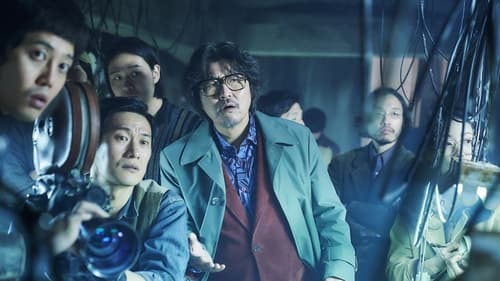
1970년대 꿈도 예술도 검열당하던 시대 성공적이었던 데뷔작 이후, 악평과 조롱에 시달리던 김감독은 촬영이 끝난 영화의 새로운 결말에 대한 영감을 주는 꿈을 며칠째 꾸고 있다. 그대로만 찍으면 틀림없이 걸작이 된다는 예감, 그는 딱 이틀 간의 추가 촬영을 꿈꾼다. 그러나 대본은 심의에 걸리고, 제작자 백회장은 촬영을 반대한다. 제작사 후계자인 신미도를 설득한 김감독은 베테랑 배우 이민자, 톱스타 강호세, 떠오르는 스타 한유림까지 불러 모아 촬영을 강행하지만, 스케줄 꼬인 배우들은 불만투성이다. 설상가상 출장 갔던 제작자와 검열 담당자까지 들이닥치면서 현장은 아수라장이 되는데…












